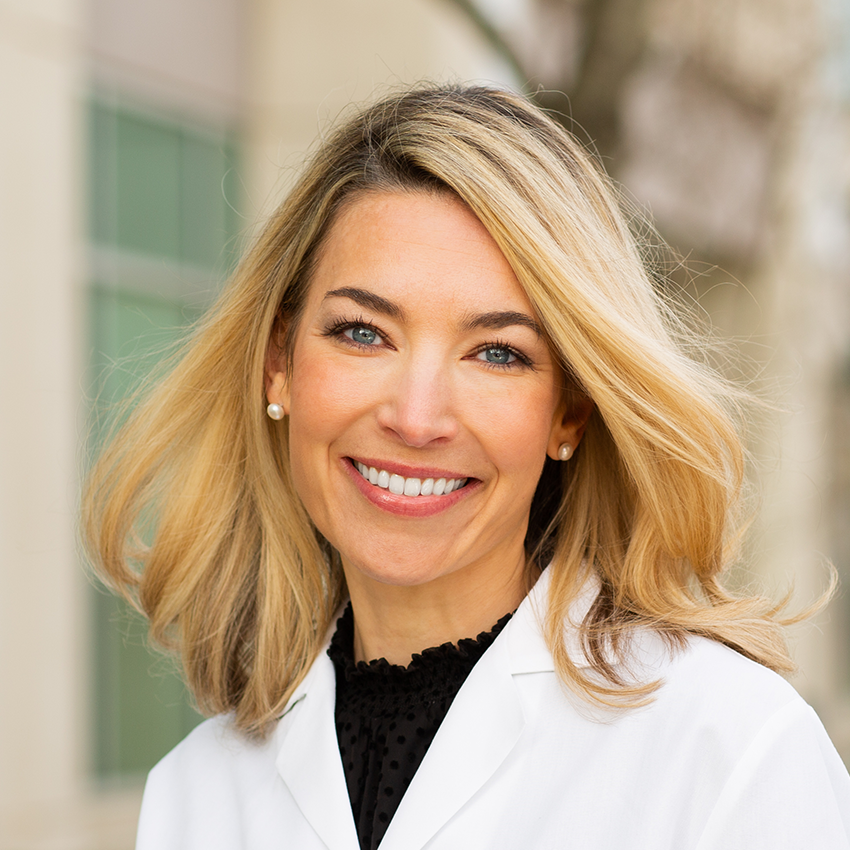
Nicole P. Doyle, M.D., Ph.D.
 Board Certified
Board Certified
- Obstetrics and Gynecology
- Reproductive Endocrinology and Infertility
Biography
Nicole P. Doyle, M.D., Ph.D., FACOG, earned her medical degree and doctorate in philosophy from the Medical School of the Technical University of Munich and completed her residency training in Obstetrics and Gynecology at Georgetown University Hospital. Dr. Doyle went on to complete her fellowship in Reproductive Endocrinology and Infertility at the National Institutes of Health.
Dr. Doyle has published several peer-reviewed scientific manuscripts, book chapters, and review articles in many leading scientific journals in the fields of reproductive endocrinology and infertility. Her specific research interest is examining the timing for embryo transfer and she continues this work as a member of the research team at Shady Grove Fertility. She is a fellow of the American Congress of Obstetrics and Gynecology and a member of numerous medical organizations.
Dr. Doyle’s clinical interests include any aspect of female and male infertility, in particular optimizing outcomes in patients with diminished ovarian reserve or premature ovarian insufficiency; making advances in in vitro fertilization, oocyte donation, recurrent pregnancy loss, fertility preservation, and polycystic ovary syndrome (PCOS).
Dr. Doyle is married and together with her family she enjoys the outdoors, skiing, and spending time in Europe to visit family. Dr. Doyle is fluent in German and joined SGF in 2020. She sees patients in SGF’s Fairfax, VA office.
Read More